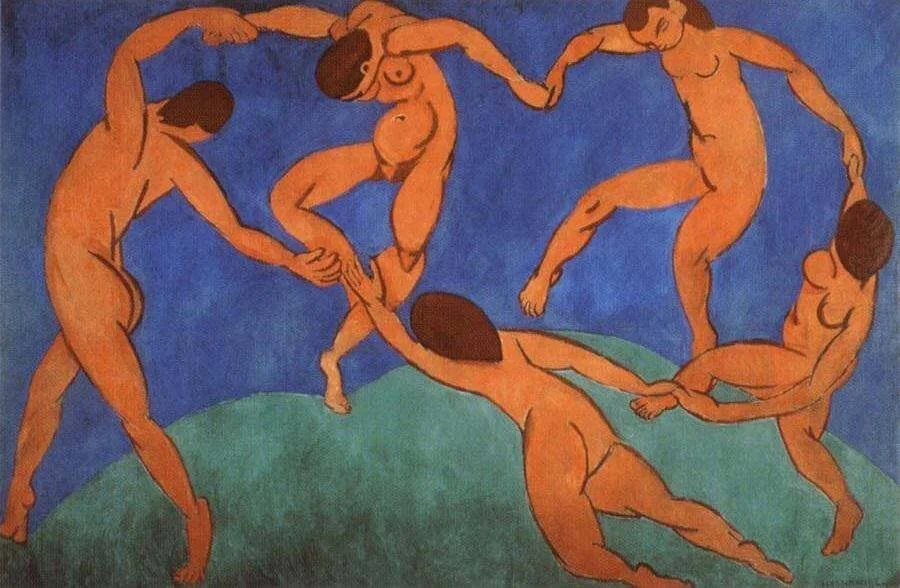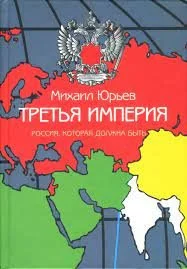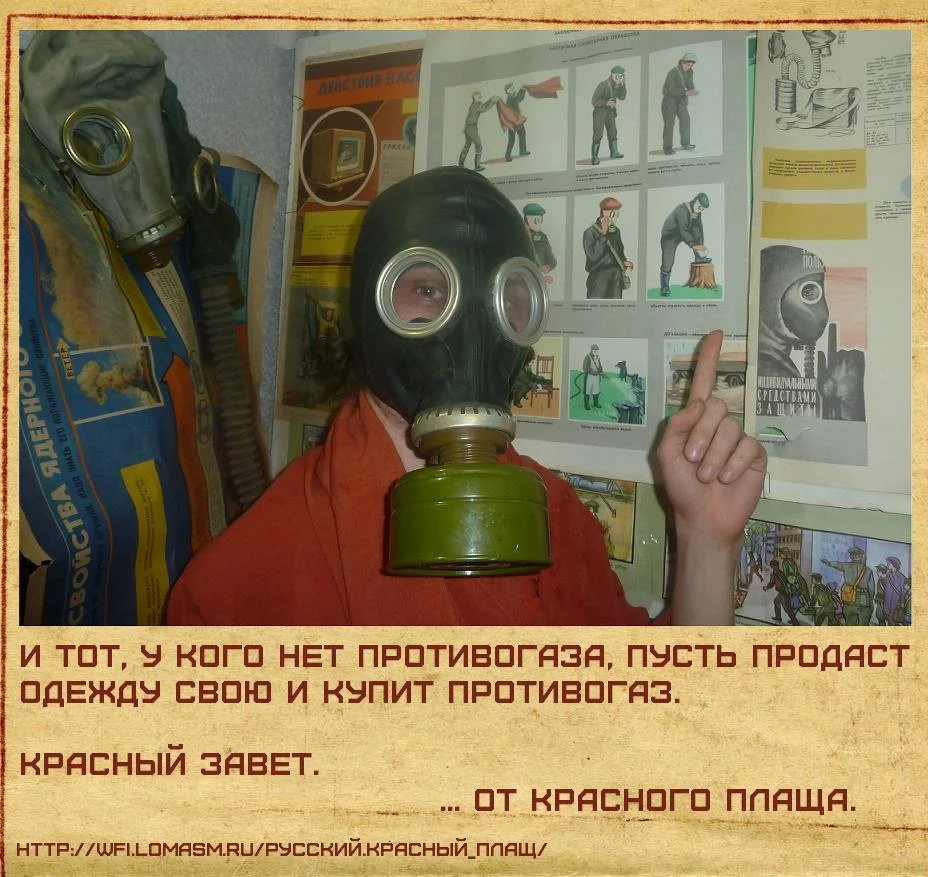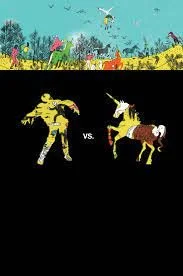
Unstuck in Time:
On the Post-Soviet Uncanny
About the Project
Unstuck in Time is the second volume the three-book series with he unofficial title Russia’s Alien Nations.
In this book, which I am serializing on the blog as I write it, I explore fictional and ideological reconfigurations of time in the aftermath of the Soviet collapse. Soviet nostalgia is a familiar part of the post-Soviet landscape, as is the tendency for contemporary Russian literary fiction to focus on the past rather than the present. Unstuck in Time argues that the way time is framed in contemporary Russian cultural productions is connected to a generalized dysphoria regrading the present day, which ends up feeling “off,” if not downright uncanny.
The first chapter is devoted to the immensely popular Russian science fictional subgenre of “popadantsy”—accidental travelers in time and space. In their trips to the past, they inevitably get caught up in important historical events (most often WWII), usually in the hope of achieving a better outcome.. What looks like simple nostalgia proves to be much more complicated; the accidental time traveller's relationship with both his home time period and the world in which he arrives is one of profound dysphoria. Both in the present and in the means by which he travels to the past, he exerts little agency over his own life. Only in the historical fantasyland that greets him does he get to play the hero.
The second chapter examines the construction of fictional alternate Soviet Unions that either exist in the present day (because the USSR never ended) or are recreated in the future. Subsequent chapters will be about fictional and real-life attempts to reconstruct the Soviet Union in our time (as theme park, overambitious film project, or literary experiment); the persistent representation of Russia’s future in decidedly medieval terms; and possibly the Russian postapocalpse and the themes of timelessness and amnesia.
Want to get an email telling you when a new installment has been posted?
Write to eb7@nyu.edu
Sim Socialism, or Wrapping up Unstuck in Time
Future Russians, as well as readers today, come to consciousness in order not to start a revolution, but to build communism through consensus
Space Begins at Home
Some of the stories postulate a radiant future that manages not to be totalitarian
Soviet Space: The Final Frontier
The imaginary relaunch of the Soviet Union is predicated on multiple rocket launches into space
The Executioner's Song
Not "Who's watching the watchmen?" but "Who's fucking the watchmen?" This is the fundamental problem of autarky: inevitably, the country is fucking itself.
Medieval Times
The Third Empire organizes the planet along two guiding principles: gigantism and medievalism
Imperial Bedtime Stories
What really stands out is the sheer joy in every instance of advancing even the smallest element of what might be called "Russianness”
Welcome to Carbongrad
Zubkov's art casually asserts an important point about Russia's future; namely, that Russia has one
The USSR Is a Strange Loop
The time loop of Endless Summer is both a proxy for game play and a cautionary tale about nostalgia itself
The Couch Potatoes of Developed Socialism
It is a USSR as holodeck program, with all the safety protocols dutifully enabled
2045: A Snooze Odyssey
2045 combines retrocommunist imagery with the kitschy stylings of a late-night commercial for an incontinence remedy
It Gets Better
The (post)apocalypse is a nice place to visit, but who wants to live there?
Sheltering in Place: Metro 2033
The postapocalyptic future looks more and more like a nightmare reconstituted out of the Soviet past
The Idiocy of Postapcalyptic Village Life
The Slynx is not just untimely; the book is quite simply overdue
Only the End of the World Again
the end of the world as we know it is always around the corner
Unstuck in Time gets Unstuck in Time
A brief update about a last-minute reorganization to my book in progress



















